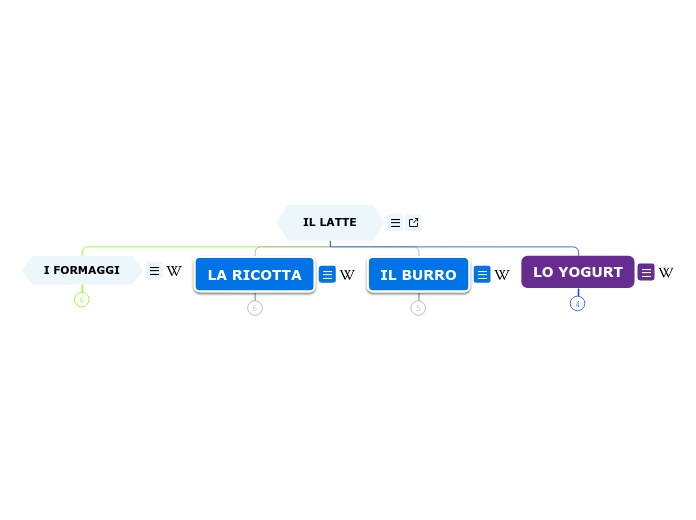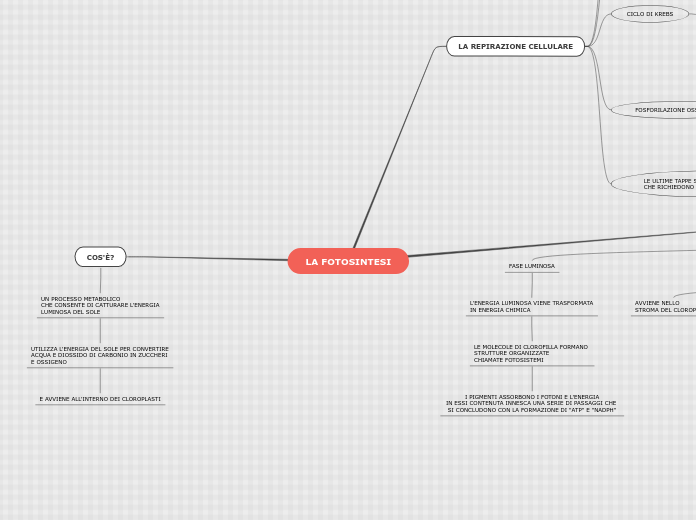LE FERMENTAZIONI
To name your story, you have to think about the overall message and what you want your audience to understand from the story. Also, make it relevant and easy to remember.
aspetti comuni
The ending of a story is essential. We all know that if the ending is weak, what happened before loses its importance. So make it unpredictable, but fair. A resolved ending answers all the questions and ties up any loose threads from the plot.
resa molto bassa
solo 2ATP dalla glicolisi
accettore finale
altri composti organici
processo anaerobico
This is the closure section of the story.
See examples of possible outcomes below:
- all problems have been solved
- it's clear how each one of your characters ends up
- your main character is transformed by the challenge
può svolgersi con O2
Try answering these questions to come up with a closure:
- Have all the problems been solved?
- Is there a clear picture of what happens with each character in the story?
- Has the challenge transformed your main character?
- How do the characters feel in the end?
no accettore finale
riossidare NADH a NAD+
This is the moment when the main character surpasses the last obstacle and finally faces their greatest challenge.
The climax usually follows one of these patterns:
- realization
- resolution
- choice
Type in your answer.
substrato comune
The middle of the story is where you add layers of complications that will lead to the end. Reveal more about the character's journey. Did their personality go through changes? How did they overcome the challenges? And as you build up the story’s central conflict, make it more personal to that character. Also, from the middle act, you have to lead into the final act.
Acido piruvico
intermedio di varie vie fermentative
Fermentazione butandiolica
acetoina
alcol 2,3-butandiolo
Fermentazione buttirica
alcol butilico
acetone
alcol isopropilico
Acido butanoico
Fermentazione acido-mista
CO2 e H2
Acido succinico
Acido formico
Fermentazione propionica
Acido acetico
Acido propionico
Fermentazione lattica
eterolattica
etanolo
omolattica
Acido lattico
Fermentazione alcolica
alcol etilico
CO2
prodotto dalla glicolisi
2 ATP
2 NADH
significato del termine
In the beginning of the story (or the exposition), you will need to introduce the setting and characters. You might also want to introduce the main conflict. This part of the story is important because it gives the reader necessary background information and maybe even a first insight into a character’s personality.
settore biochimico
reazioni chimiche cataboliche operate da microrganismi
sopravvivenza
settore industriale
The setting (time & place) of a story can change throughout the plot.
produzione alimenti, bevande e farmaci
Your story can take place wherever your imagination will take you to.
For example: in an elevator, in an enchanted forest, etc. Don't forget to give details of the environment each time the setting changes, otherwise, the story can be confusing. Also, mention the seasons as each of them has unique weather and events.
Seconda fase
in anaerobiosi
Prima fase
in aerobiosi
aumento resa del processo
linguaggio tradizionale
Characters are essential to a good story. Usually, the protagonist(s) is/are the most affected by the plot. Introduce a character by focusing on their actions, interests, and occupation, as the physical appearance doesn't make a difference in most cases.
processi naturali con sviluppo di effervescenza
Type in the name of your character.
"bollire"
Add other qualities/attributes of the character.
produzione di gas










